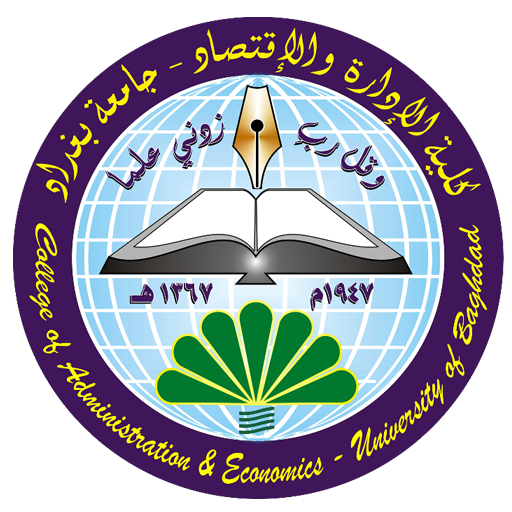The College of Administration and Economics at the University of Baghdad discussed, a PhD dissertation in field of economic by the student ( Jawad kadhim mohi ) and tagged with (Measuring the efficiency of government spending in the performance of economic sectors in Iraq ) , Under supervision of (Prof . Dr Salah Mahdi Abbas )
The research aims to explain the most important factors and reasons affecting the efficiency of government spending, including the size of government spending and how to reach the optimal size of this spending, and economic, financial, political, and social factors, as well as transparency and disclosure (electronic governance), and as it is known that efficiency is represented by a number of types. Including allocative efficiency (allocating financial resources) and distributing them according to the importance of the economic sectors, and showing the extent of the efficiency of these allocations through the extent of the sectors’ contribution to the gross domestic product, as well as (operational efficiency) of the economic sectors through a review of the most important performance indicators, and in order to indicate the extent of the efficiency of the economic sectors. The study sample used a data envelopment analysis method according to internal guidance, which depends on minimizing inputs and maintaining outputs, as well as external guidance, which seeks to maximize outputs in light of available inputs. The research reached a set of conclusions, the most important of which was that the industrial sector is the closest The complete relative efficiency of the agricultural sector reached 59%, while the efficiency of the agricultural sector reached 41.4%. The results of measuring operational efficiency and the efficiency of service provision also demonstrated that the health sector is closest to complete efficiency than the education sector, as it reached 75%, while education reached 48.7%, despite the fact that the average annual allocations are relative to the investment allocations for the health sector. It is less compared to the education sector, but the health sector, according to performance indicators, has proven to be more efficient than the education sector, and this means that the problem does not lie in the size of investment allocations, but rather lies in managing those allocations in a way that is commensurate with the situation of the economic sector, and the most important thing that the study recommended is to achieve rationality in Public spending, as well as directing real investment spending towards strategic sectors such as the agricultural and industrial sectors, in order to achieve progress that contributes to increasing the contribution of these sectors to the GDP. Giving health and education functions greater importance in allocating resources, especially investment ones, in order to improve these functions, provided that the degree of improvement is measured from time to time

Comments are disabled.









